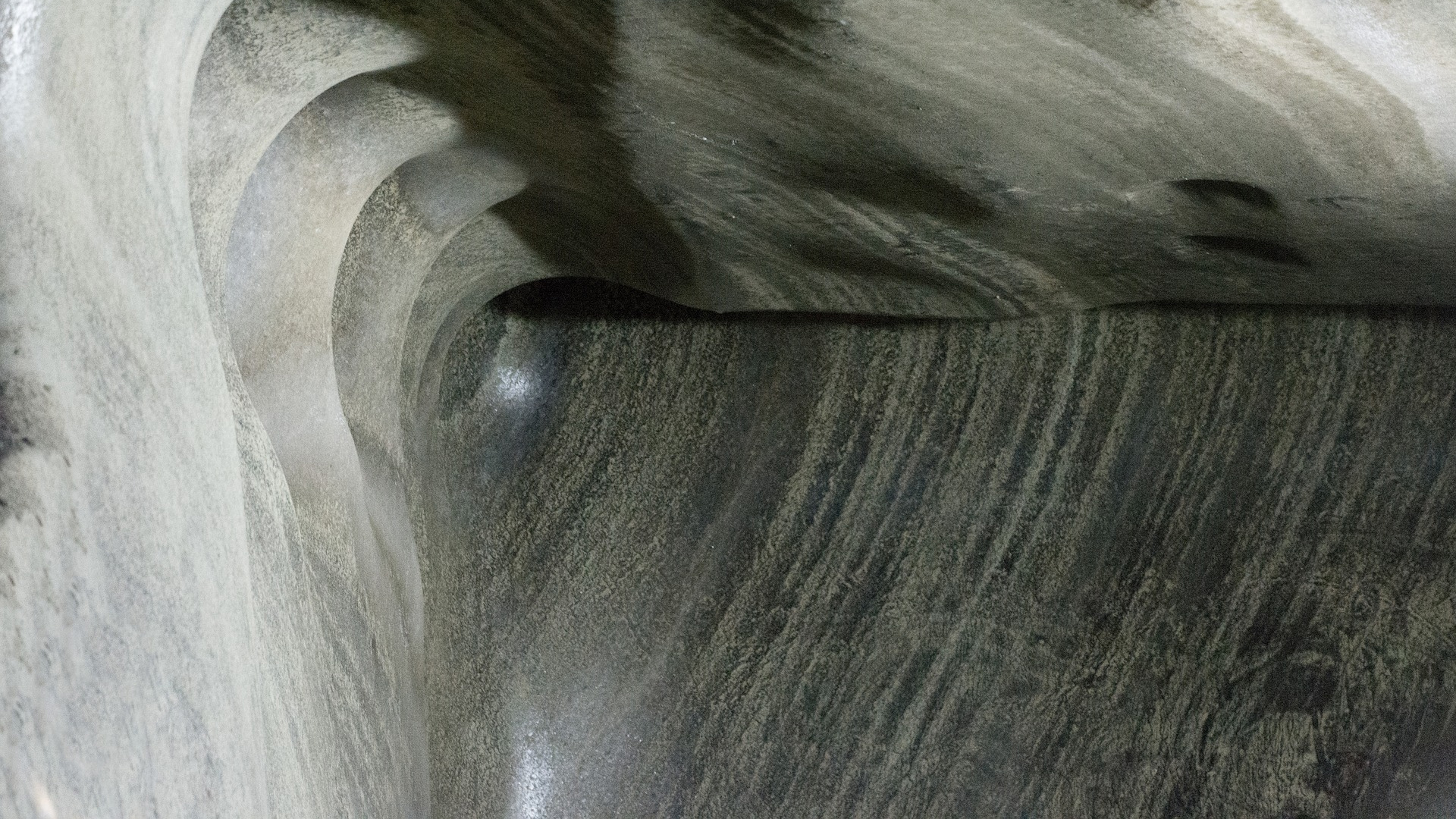The battery of the future could be compressed air
Stored in enormous underground caves

In the past, we've never really stored great amounts of energy. The huge power plants that fuel the world are built to scale up and down to meet predicted demand, running low at night when people are sleeping, and high in the early evening when people get home from work and want to cook, watch TV and run the heating or air conditioning.
The last few decades have seen that status quo slowly begin to change. Not only are most of the devices we use now battery-powered, but increasing amounts of renewable energy (which isn't so easy to scale up and down on-demand) mean that storing energy is becoming more important.
There are lots of approaches to that storage - from using electricity to create hydrogen, to enormous chemical batteries, to molten salt. But European engineers believe that one of the most promising is stuffing compressed air into giant underground caverns.
It's pretty simple to explain how it works. When you've got more power than you need you use the excess to pump air into a large cavern underground (like those found in salt formations as pictured above, for example). When you want to get the power out, the air is released through a turbine which spins to generate electricity.
Air and heat
But there's another factor to consider - heat. When the air is compressed, it heats up and that heat is valuable for energy too. So researchers have now figured out a way to store heat alongside the compressed air.
By passing the hot compressed air through a second cavern filled with crushed rock, the heat is transferred to the rocks (which hold it for much longer than the air would normally). When the air returns through that rock on its way back out, it gets reheated by the stones and can then be used to generate electricity.
The engineers believe that this process could raise the efficiency of the system from about 50 percent in normal compressed air storage sites to as high as 75 percent.
“The more of the heat of compression that the air has retained when it is released from the store, the more work it can perform as it passes through the gas turbine," said Giovanni Perillo, who's managing the project at independent research organisation SINTEF.
Sign up for breaking news, reviews, opinion, top tech deals, and more.
He added: “The project is based on the belief that our solution will offer better energy storage than batteries can ever provide, thanks to its longer lifetime and lower capital cost per kWh of stored energy. We also expect that it can be employed virtually irrespective of the type of geological formation available.”
Significantly lower costs
Matthias Finkenrath, Professor of Energy Engineering at Kempten University of Applied Science in Bavaria, said: “Compressed air stores of the sort that this project is aiming for, could provide significantly lower costs and greatly improve storage capacity compared to for example batteries.
"If this project leads to storage plants being established under a wide range of geological conditions, that in itself would be an important step forward.
“If the project partners are also successful with their plans for efficient heat storage, the use of compressed air for energy storage could be on the edge of a breakthrough.”
